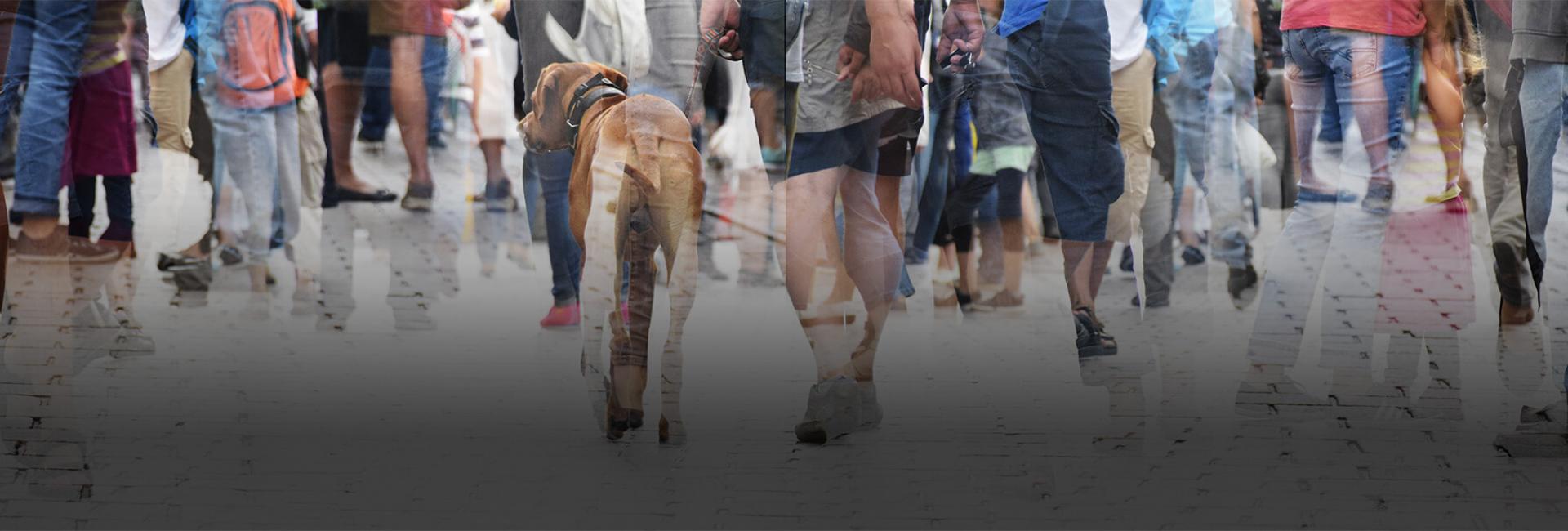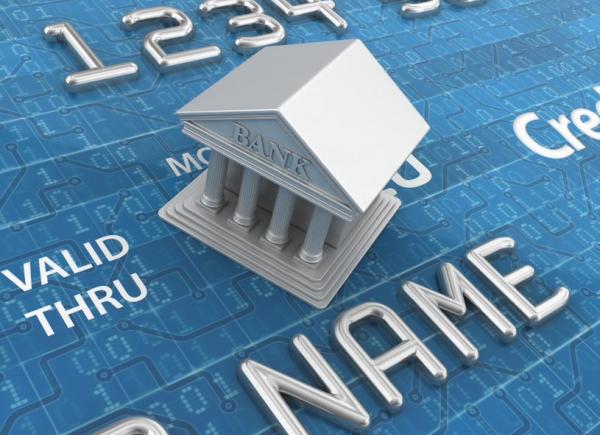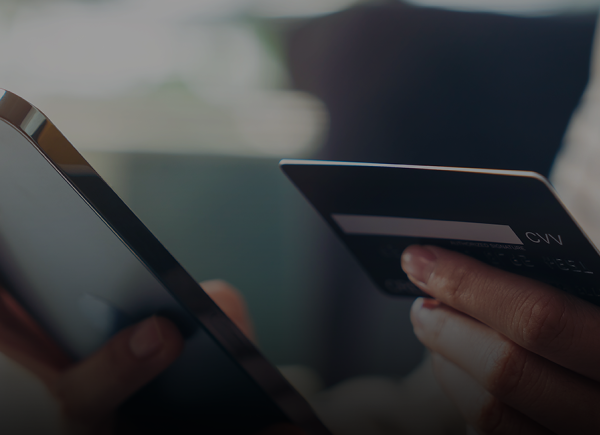Originally published by Bloomberg
Stimulus checks will provide a financial lifeline to millions of Americans, as they reel from the economic devastation brought on by the Covid-19 pandemic.
But some recipients have kept their jobs and income, and are able to cover critical monthly expenses such as rent, utility bills and debt payments. For them, the $600 checks represent an opportunity to boost their savings, spend on non-essential goods or buy stocks. On TikTok, where young investors have turned for investment advice, videos on how to turn your “stimmy” into thousands of dollars are making the rounds.
Albert Lewis III, a 19-year-old Iowa State University student who grew up in Chicago, has already decided where the money is going: into his Robinhood investment account.
“The $600 isn’t needed at this moment,” Lewis said. “I’m investing it hopefully to turn it into something more than that by the time I’ll need it. $600 in a year isn’t going to turn into $10,000, but if I invest it now, in 40 years it’s going to be worth way more.”
He says most of his essential expenses are already covered. Most of Lewis’s college tuition is paid for by scholarships. He lives at home with his parents, meaning he doesn’t have to worry about rent at the moment. Small side jobs allow him to cover everyday costs, like those for food and his phone. He hasn’t decided where he’s investing his $600 yet, but is considering “some company that’s not going anywhere,” like Apple Inc. or Facebook Inc.
Lewis’s plans illustrate how the fallout from the coronavirus crisis is dividing the U.S. economy. Claims for unemployment benefits averaged 1.45 million a week last year, compared with about 220,000 in 2019, with tens of thousands of people struggling for food, shelter and income. At the same time, the percentage of disposable income that households manage to stash away has jumped, home owners are seeing property prices increase and the stock market is soaring. The annual compensation rate for employees in November neared pre-pandemic levels.
To mitigate the hardship caused by the pandemic, U.S. lawmakers have agreed on a relief package that would send $600 to those with an adjusted gross income of less than $75,000, or $150,000 for married couples filing jointly, plus $600 for each dependent child. That will be cut by $5 for every $100 earned above the income threshold, meaning those earning over $87,000 as an individual or $174,000 as a couple don’t get anything. The legislation also gives unemployed people a $300-a-week federal boost for at least 10 weeks.
“There are going to be a number of people who won't need it and are still going to get the checks because the issuing of the check is purely based on income, not employment,” said R.A. Farrokhnia, Columbia Business School professor and executive director of the Fintech Initiative. With social distancing and lockdowns still in place, Farrokhnia added, people have limitations on where they can spend the money. “Those who actually have been lucky to still have jobs end up saving more, because they are not putting money into the economy, they’re not going out to restaurants, and are on Zoom so they won’t be needing a whole lot of new clothes or shoes.”
U.S. Census data shows that the majority of U.S. households used the previous round of stimulus checks — $1,200 per person — in 2020 to cover basic expenses. About 80% of respondents in a Household Pulse survey reported using the funds on food and 77.9% on rent, mortgages or bills. More than half of respondents said they spent the money on household supplies and personal-care products, and about 20% on clothing. And while 87.6% of adults in households with incomes of $25,000 or less planned to use their payments to simply meet expenses, over a third of adults in households with incomes above $75,000 reported that they would use the money to pay off debt or add to it to their savings.
“We know people earmark money for specific purposes, so this windfall is seen as not part of what they need to get from paycheck to paycheck but as something extra to be put towards something special,” said Neil Fligstein, professor of sociology at the University of California, Berkeley. “That’s why lots of people might try to save or invest it. It’s seen as ‘found money.’”
Disposable Income Rises
Once Hailey Wiggins, a 25-year-old business owner from Houston, receives the $600 check, she’s probably going to keep 10% in cash, invest 60% in stocks and 30% in cryptocurrencies.
“We’re about to get flooded with all of this extra money that’s just going to stimulate the market,” says Wiggins, who entered the stock market in March of last year. “I’ve been investing and had this crazy return because of the pandemic and what it’s done to the stock market. I don’t see $600, I see way more money.”
Up and Away
Since March 23, several assets have had historic rallies
“Although we can’t speculate directly on the data, the increase in spending on brokerages in June aligns with discount online brokerages like Robinhood reporting a spike in new accounts,” said Bill Parsons, Envestnet Yodlee’s group president of data and analytics. “Our data shows a significant uptick in new users during both the months of March, the month the CARES Act was passed, and June after everyone had received their checks.”
For some people, the latest stimulus money is too little to cover major bills or provide an incentive to save it. Instead, it’s prompting them to consider buying something nice as a way of making themselves feel better after a tough year.
“$600 can’t really cover my rent,” said George Takam Jr., a 22-year-old from Maryland, who is considering buying a PlayStation 5 gaming console. “I may as well use it on something nice and stimulate the economy.”
Takam is a nursing assistant and says his minimum-wage paying job barely covers his rent when he works a standard 40-hour week. He receives some assistance with his bills from his parents, who have also taken a financial hit by the pandemic. The stimulus check will mean he can spend money on something he enjoys.
“In a way, this is extra money — but it’s essential,” Takam said.
— With assistance by Larry R Tabb




